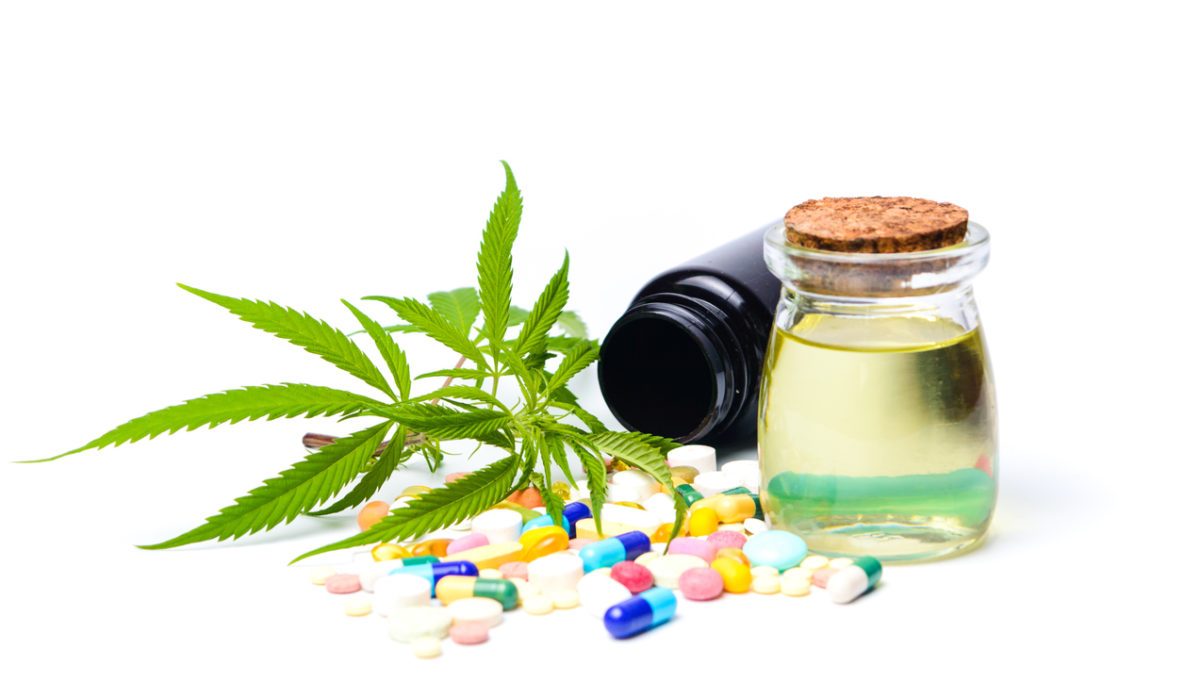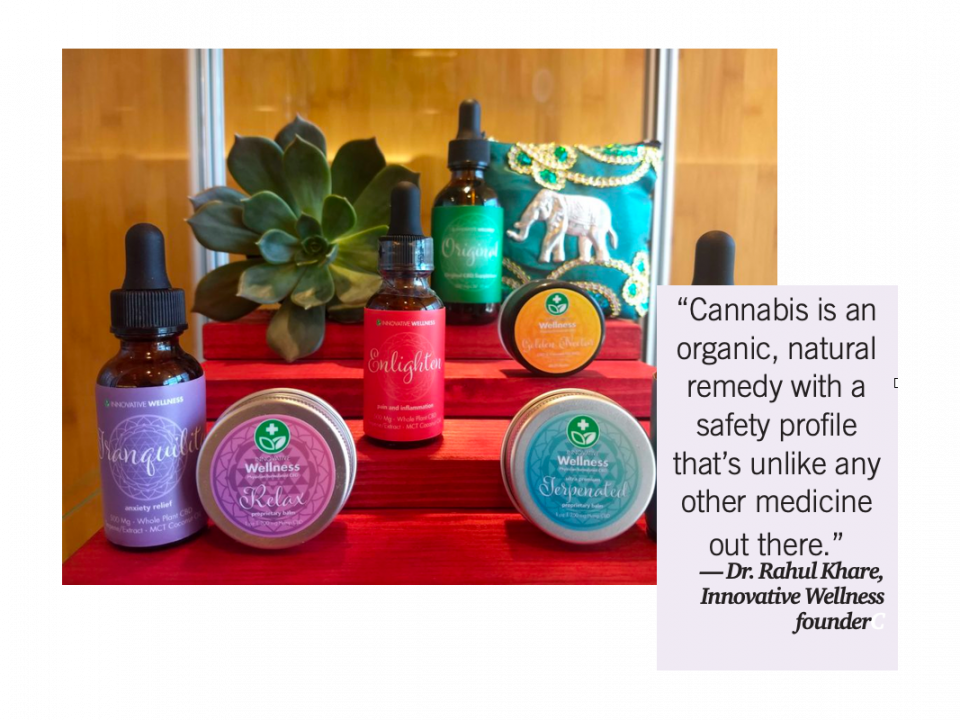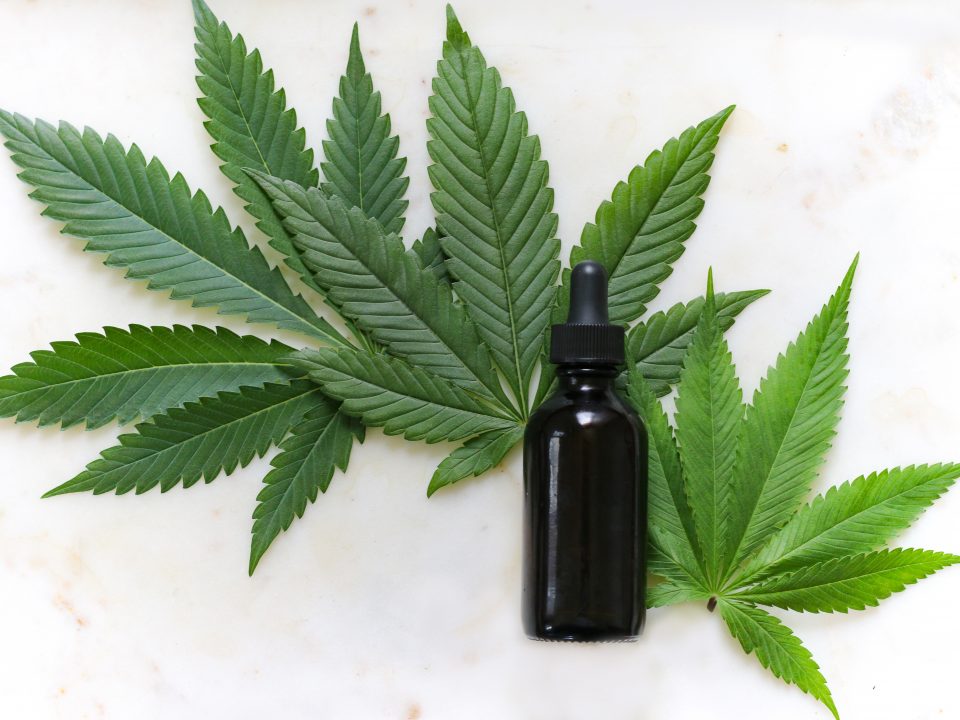
Get Your Medical Cannabis Card
Phone(773) 420-7994
ContactDrop Us A Line
Location1552 W Fullerton Ave #100
Chicago, IL 60614
-
HoursMonday – Friday: 10am-6pm
Saturday & Sunday: 10am-3pm
Get Your Medical Cannabis Card
Phone(773) 420-7994
ContactDrop Us A Line
Location1552 W Fullerton Ave #100
Chicago, IL 60614
-
HoursMonday – Friday: 10am-6pm
Saturday & Sunday: 10am-3pm
How Hemp is Empowering Patients to Combat Chronic Pain & Battle the Opioid Epidemic

CBD, Natures Anxiolytic: Exploring How Hemp Can Treat Anxiety (Instead of Causing It)
05/17/2019
3 Reasons to Still Get Your Medical Cannabis Card in IL Following Legalization
06/06/2019Chronic Pain is a Growing Problem Across the Globe
Chronic pain continues to grow into a serious public health concern in industrialized countries.1 In the United States alone, Americans consume “80% of the world’s supply of prescription opioid analgesics (POAs), and opioid prescriptions have climbed by 300% since 1991.”2 Opioids are a class of drugs, which include morphine, hydrocodone, oxycodone, and heroin. They are effective in the short-term treatment of acute pain, but carry significant risks of dependence, abuse, and possible overdose with long-term use and/or misuse. The consequences of overprescribing opioid narcotics for pain are starkly evident in the current opioid crisis.
Establishing the Opioid Epidemic Narrative: Inflating Numbers & Stoking Fear
The opioid mortality rate in the United States increased over twenty-fold over the last four decades—over 33,000 deaths from opioid drugs occurred in 2015 alone.3 These staggering figures brought our inadequacies regarding how we treat pain in our healthcare system to the national spotlight.5 To address these issues, better information and education is critical. Unfortunately, it seems that right out of the gate, there are misinformation campaigns and inadequate resources available for public empowerment in fighting this crisis. The need for non-opioid based pain medication for the long-term treatment of pain is now more necessary than ever before, especially with so many patients resorting to illicit opioids when their prescriptions can no longer be filled.
Scientific Study Finds Overdose Rate to Be Inaccurately Inflated
Even by conservative estimates, it is clear that the current situation around opioid use/abuse and death in the United States is an urgent public health emergency. However, skewing data to exaggerate the severity of any emergency only sows social distrust and diverts resources from imparting much needed factual understanding to society. The aforementioned opioid mortality rate, published on WhiteHouse.gov, was found to be “significantly inflated” as per an April 2018 study published in the journal of American Public Health Association.4
How Prescription Opioids Can Lead Ordinary Citizens to Heroin Abuse
 Without question, the opioid epidemic has reached concerning proportions. The etiology of the opioid crisis has been rooted in misinformation, beginning when pharmaceutical companies lied about their long-term safety profile.6 Today, the statistics and figures fail to acknowledge the transition many prescription opioid users have made to illicit drugs like heroin when their supply to prescription opiates are no longer available. When quantifying the actual magnitude of prescription opioid overdose deaths, it was discovered that these figures “over-estimated the number of those deaths due to prescription opioids, as opposed to heroin, illicitly manufactured fentanyl, and other illicit variants of fentanyl.”7 The truth is that the opioid industry, thanks to addiction and dependency, often steers otherwise law-abiding, normal citizens into the realm of illicit drugs for relief.8
Without question, the opioid epidemic has reached concerning proportions. The etiology of the opioid crisis has been rooted in misinformation, beginning when pharmaceutical companies lied about their long-term safety profile.6 Today, the statistics and figures fail to acknowledge the transition many prescription opioid users have made to illicit drugs like heroin when their supply to prescription opiates are no longer available. When quantifying the actual magnitude of prescription opioid overdose deaths, it was discovered that these figures “over-estimated the number of those deaths due to prescription opioids, as opposed to heroin, illicitly manufactured fentanyl, and other illicit variants of fentanyl.”7 The truth is that the opioid industry, thanks to addiction and dependency, often steers otherwise law-abiding, normal citizens into the realm of illicit drugs for relief.8
Spreading Misinformation & Stoking Fear Cultivates an Illusion of Powerlessness
 Not only is there a lack of good information to help the public in this battle, but there also seems to be a deliberate attempt to establish a narrative of fear and panic—this does the opposite of empowering humanity, instead encouraging the illusion of powerlessness. While opioid drugs are potent and can lead to overdose and death, the rising figures are further inflated by the influx of far more dangerous synthetic opioids from China that are lacing drugs on the street and endangering users of heroin and other street drugs.
Not only is there a lack of good information to help the public in this battle, but there also seems to be a deliberate attempt to establish a narrative of fear and panic—this does the opposite of empowering humanity, instead encouraging the illusion of powerlessness. While opioid drugs are potent and can lead to overdose and death, the rising figures are further inflated by the influx of far more dangerous synthetic opioids from China that are lacing drugs on the street and endangering users of heroin and other street drugs.
Executives From Major Opioid Firms Convicted of Criminal Racketeering
To add insult to injury, many of the executives in these companies knew exactly what they were doing when peddling these dangerous drugs as safe. Top executives at Insys Pharmaceuticals, as well as Rochester Drug Cooperative and Purdue Pharma (makers of OxyContin), have all been charged for their role in the epidemic.9 Clearly, the truth about this issue is deeper and darker than is being let on. To think drug companies have our best interests at heart is naïve, and the powers that be are still failing to shine the spotlight where it is most needed.
Spreading Lies Steers the Conversation Away From What Matters
Inflating overdose figures to cultivate fear while spreading misinformation steers the conversation away from the responsible use of opioids in emergency medicine. Furthermore, it detracts from the conversation about opioid-alternative drugs that can be more effective in the long-term treatment of pain. Fortunately, one industry has consistently been helping patients and society find relief and empowerment by reclaiming the narrative around taking control of our health.
Medical Cannabis: A Patient-Led Movement Recapturing the Narrative
There is no question that cannabis and its non-psychoactive counterpart, hemp, are undergoing a historic resurgence back into mainstream society and modern medicine. A patient-led movement since the beginning, access to medical cannabis has helped patients take charge of their own pain relief and health in a much safer context. In fact, an analysis of Medicare Part D prescriptions demonstrates that states with medical cannabis programs have reduced the number of opioid prescriptions, overdoses, and fatalities,10 as most medical cannabis patients in the United States are authorized to receive cannabis due to a pain condition.11 However, while cannabis is a versatile medicine, it is not for everyone, and the psychoactivity of Cannabis Sativa sometimes raises several concerns from a personal level to a policy/federal one.
Have Your Cake & Eat it, too: Benefits of Pharmaceutical Grade Hemp Oil
When exploring medical cannabis, the fact that it remains in federal legal limbo and is generally psychoactive means it’s not always suitable or perfect for everyone. Luckily, researchers have discovered that hemp (cannabis with a THC concentration of 0.3% or less) contains many of the same components, specifically Cannabidiol, (or CBD), that aid pain relief in the same way as cannabis, but without causing a “high.”12 This means that pain patients can enjoy many of the powerfully therapeutic, pain-relieving, anti-inflammatory, and anti-anxiety properties of CBD without having to consume any cannabis or appreciable levels of THC.12 Thanks to the burgeoning industrial hemp industry, patients can have their proverbial cake and eat it too!
How Hemp-Derived CBD Can Help Chronic Pain
The exact mechanisms by which CBD is effective at relieving pain are still being understood. CBD acts in a manner that is very unique and completely separate from that of its psychoactive counterpart, THC. It has been shown that CBD does not directly act on the CB1 receptor like THC, but works indirectly to affect CB1 activity at a site that is not the active site (where THC would bind).13,14 Additionally, CBD interacts with the functioning of the human endocannabinoid system, which produces cannabis-like molecules to control various physiological processes, such as pain regulation. For example, CBD stops the body from absorbing anandamide, a naturally produced, cannabis-like compound (known as an endocannabinoid) that are associated with regulating pain.15 Since increased levels of anandamide in the bloodstream may reduce the amount of pain a person feels, CBD has shown to indirectly express analgesic action via this mechanism.
CBD Does More Than Kill Pain
Unlike narcotic painkillers or analgesics like Tylenol, cannabidiol has additional health benefits that can help patients dealing with chronic pain. The anti-inflammatory properties of CBD can help address much of the underlying pain that patients feel, as inflammation has been shown to be the root of this discomfort.16,17 Furthermore, CBD helps reduce anxiety, which often co-occurs with chronic pain.18
Hemp: A Mindful Solution for Both the Individual and Society
The benefits of hemp-derived CBD are coming to light as further research into the benefits of cannabidiol and disease are explored. In the context of the opioid epidemic, hemp-derived CBD allows the individual the opportunity to take back control of their lives and reclaim the narrative about healthcare. As industrial hemp becomes a more lucrative market, implementing its potential into medicine might be a proper way to both address the opioid epidemic and squash the stigma that has surrounded marijuana for decades in this country.
Feature Image Credit: https://www.az420card.com/marijuana-legalization-could-help-offset-opioid-epidemic-studies-find/
Works Cited
- Russo, E. B. Cannabinoids in the management of difficult to treat pain. Ther. Clin. Risk Manag. 4, 245–259 (2008).
- Neurogenetics of acute and chronic opiate/opioid abstinence: treating symptoms and the cause. – Abstract – Europe PMC. Available at: https://europepmc.org/abstract/med/28199203. (Accessed: 15th May 2019)
- FACT SHEET: Obama Administration Announces Prescription Opioid and Heroin Epidemic Awareness Week. whitehouse.gov (2016). Available at: https://obamawhitehouse.archives.gov/the-press-office/2016/09/19/fact-sheet-obama-administration-announces-prescription-opioid-and-heroin. (Accessed: 14th May 2019)
- President Donald J. Trump Signs an Executive Order Establishing the President’s Commission on Combating Drug Addiction and the Opioid Crisis. The White House Available at: https://www.whitehouse.gov/presidential-actions/president-donald-j-trump-signs-executive-order-establishing-presidents-commission-combating-drug-addiction-opioid-crisis/. (Accessed: 14th May 2019)
- Dasgupta, N., Beletsky, L. & Ciccarone, D. Opioid Crisis: No Easy Fix to Its Social and Economic Determinants. Am. J. Public Health 108, 182–186 (2018).
- Gale, A. H. Drug Company Compensated Physicians Role in Causing America’s Deadly Opioid Epidemic: When Will We Learn? Mo. Med. 113, 244–246 (2016).
- Singer, J. A. CDC Researchers State Overdose Death Rates From Prescription Opioids Are Inaccurately High. Cato Institute (2018). Available at: https://www.cato.org/blog/cdc-researchers-state-overdose-death-rates-prescription-opioids-are-inaccurately-high. (Accessed: 14th May 2019)
- Monico, L. B. & Mitchell, S. G. Patient perspectives of transitioning from prescription opioids to heroin and the role of route of administration. Subst. Abuse Treat. Prev. Policy 13, 4 (2018).
- Emanuel, G. & Thomas, K. Top Executives of Insys, an Opioid Company, Are Found Guilty of Racketeering. The New York Times (2019).
- Bradford, A. C. & Bradford, W. D. Medical Marijuana Laws Reduce Prescription Medication Use In Medicare Part D. Health Aff. Proj. Hope 35, 1230–1236 (2016).
- Carroll, C. B. et al. Cannabis for dyskinesia in Parkinson disease: a randomized double-blind crossover study. Neurology 63, 1245–1250 (2004).
- Hilderbrand, R. L. Hemp & Cannabidiol: What is a Medicine? Mo. Med. 115, 306–309 (2018).
- McPartland, J. M., Duncan, M., Di Marzo, V. & Pertwee, R. G. Are cannabidiol and Δ(9) -tetrahydrocannabivarin negative modulators of the endocannabinoid system? A systematic review. Br. J. Pharmacol. 172, 737–753 (2015).
- Ibeas Bih, C. et al. Molecular Targets of Cannabidiol in Neurological Disorders. Neurotherapeutics 12, 699–730 (2015).
- Deutsch D. G. (2016). A Personal Retrospective: Elevating Anandamide (AEA) by Targeting Fatty Acid Amide Hydrolase (FAAH) and the Fatty Acid Binding Proteins (FABPs). Frontiers in pharmacology, 7, 370. doi:10.3389/fphar.2016.00370
- Cannabinoids as novel anti-inflammatory drugs. Available at: https://www.ncbi.nlm.nih.gov/pmc/articles/PMC2828614/. (Accessed: 15th May 2019)
- Pahwa, R. & Jialal, I. Chronic Inflammation. in StatPearls (StatPearls Publishing, 2019).
- Blessing, E. M., Steenkamp, M. M., Manzanares, J. & Marmar, C. R. Cannabidiol as a Potential Treatment for Anxiety Disorders. Neurotherapeutics 12, 825–836 (2015).



